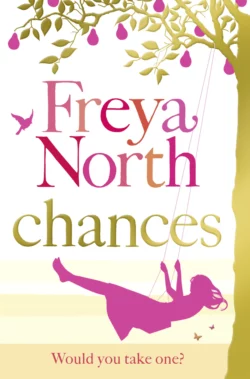Chances

Freya North
Тип: электронная книга
Жанр: Современная зарубежная литература
Язык: на английском языке
Стоимость: 736.08 ₽
Статус: В продаже
Издательство: HarperCollins
Дата публикации: 18.04.2024
Отзывы: Пока нет Добавить отзыв
О книге: The stunning summer besteller from Freya North.Vita’s nursing a broken heart.Oliver’s heart belongs to the past.They should be perfect for each other.But will they chance it?Vita′s gift shop would do better if she ran it as a business, not as somewhere to daydream. But she′s not one to tell herself off: she leaves that to Tim, her ex.Active and outdoorsy Oliver runs his tree-surgery business as calmly as his home – but his love life is intensely private.When Vita and Oliver’s paths cross at a pear tree, there’s a chance of something blossoming. As spring turns into summer, both Vita and Oliver are given choices and chances. But will they take them – or walk away?